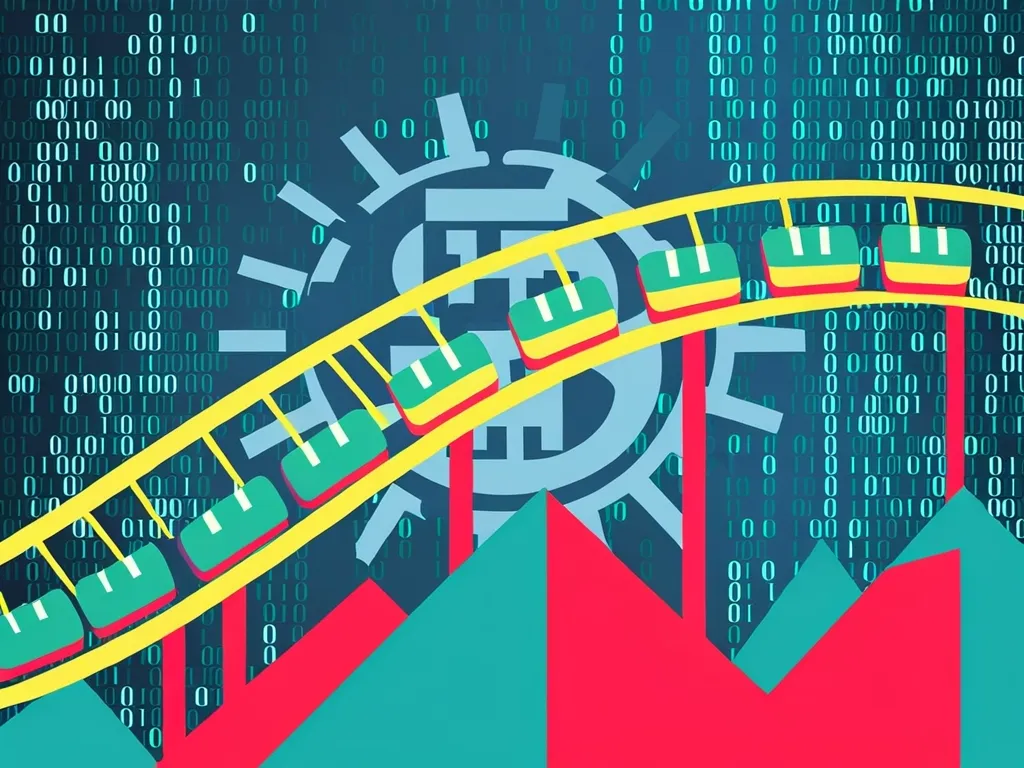The Fintech Revolution: Reshaping Banking for You
Gone are the days when banking meant long queues and endless paperwork. We’re in the middle of a fintech revolution, and it’s changing the way we handle money. It’s not just a fancy tech trend – it’s a total makeover of how we bank, save, and spend.
Think about it. When was the last time you actually stepped into a bank? Chances are, you’re doing most of your banking on your phone. That’s fintech in action, and it’s just the tip of the iceberg.
Let’s talk about neobanks. These are the new kids on the block, and they’re shaking things up. They’re all digital, no physical branches. And people are loving it. Take Revolut, for example. They went from having a handful of customers to millions in just a few years. Why? Because they get what people want – easy-to-use apps, cool features like trading stocks, and even dabbling in crypto.
But it’s not just about convenience. Fintech is opening doors for people who’ve been left out of traditional banking. Got a smartphone and internet? Boom, you’ve got a bank in your pocket. This is huge for folks in rural areas or those who’ve been ignored by big banks.
Now, let’s geek out for a sec about AI and machine learning. These aren’t just buzzwords – they’re the brains behind a lot of cool fintech stuff. Imagine getting financial advice tailored just for you, without paying a fortune. That’s what robo-advisors do, using AI to crunch numbers and give you solid investment tips.
Blockchain is another game-changer. It’s making transactions faster, cheaper, and more secure. No more waiting days for your money to move from one country to another. And it’s not just about speed – it’s super secure too.
Remember when splitting a bill meant a bunch of math and passing cash around? Those days are gone. Now we’ve got apps that let you pay friends instantly or shop online with a tap. It’s so easy, you might forget you’re spending real money!
But here’s the real kicker – fintech companies are obsessed with making you happy. They’re all about solving problems that traditional banks have been ignoring. They’re not trying to trap you in their ecosystem; they’re focusing on doing one thing really well, whether that’s payments, loans, or investments.
This revolution isn’t just about fancy tech – it’s about including everyone. People who never had a bank account before can now manage their money, save, and even invest, all from their phone. It’s like giving people the keys to their financial future.
So, what’s next? Well, traditional banks are feeling the heat. They’re scrambling to catch up, investing in startups and trying to get techy. It’s like watching your grandpa try to use Snapchat – a bit awkward, but they’re trying.
Of course, it’s not all smooth sailing. Banks are struggling to attract tech talent (turns out, beanbags and free coffee are more appealing than suits and ties). They’re also having to rethink how they work, breaking down old-school ways of doing things to keep up with the nimble fintech startups.
Now, you might be wondering, “Why should I care about all this?” Well, let me tell you. This fintech revolution is all about making your life easier. Want to manage your money without leaving your couch? Done. Need a loan quickly? No problem. Want personalized financial advice without the hefty price tag? You got it.
Let’s look at some real-life examples. Need a quick loan? Some fintech platforms can get you sorted in just an hour. That’s faster than getting a pizza delivered! Or how about lending money to others and making a profit? Peer-to-peer lending platforms make that possible, connecting you directly with borrowers.
But it’s not just about borrowing and lending. Big data and AI are changing the game in other ways too. Banks can now understand your spending habits better than you do. Creepy? Maybe a little. Useful? Absolutely. It means they can offer you services that actually fit your lifestyle.
And it’s not just happening in Silicon Valley. This is a global revolution. In Australia, for example, fintech companies are creating one-stop shops for all your financial needs. The big banks there are investing heavily in startups, trying to stay relevant in this new digital world.
Here’s the thing – this fintech revolution isn’t just about cool tech. It’s about you. It’s about giving you more control over your money, more options for how you use it, and more ways to make it work for you. Whether you’re a tech whiz or just someone who wants banking to be less of a headache, this change is for you.
So, next time you tap your phone to pay for coffee, or check your bank balance with a quick glance at an app, remember – you’re part of a revolution. A revolution that’s making money management easier, more accessible, and dare we say, even a little bit fun.
The future of banking is here, and it’s digital, innovative, and all about you. So embrace it, explore it, and most importantly, use it to take charge of your financial life. After all, it’s your money – shouldn’t managing it be on your terms?






